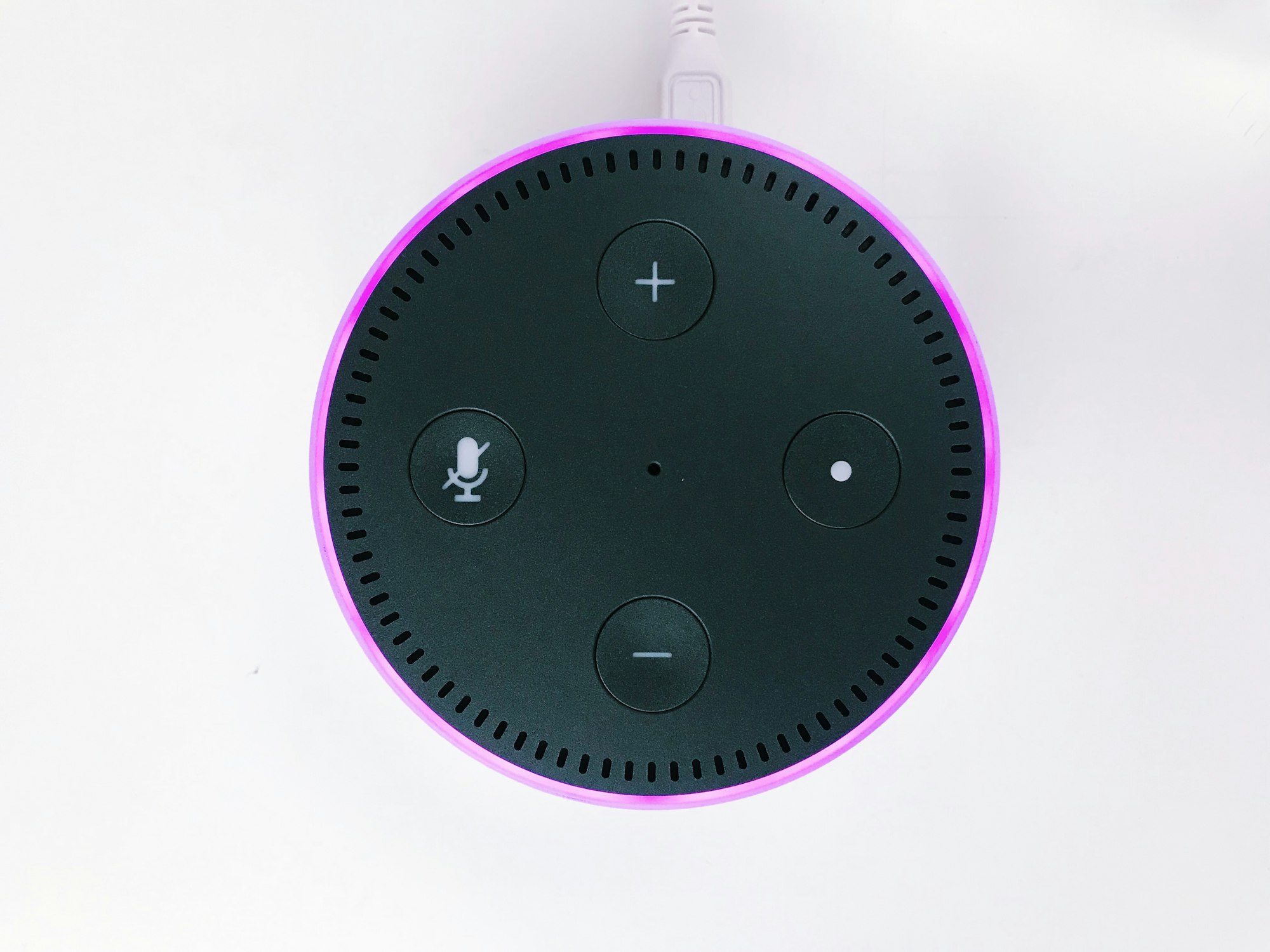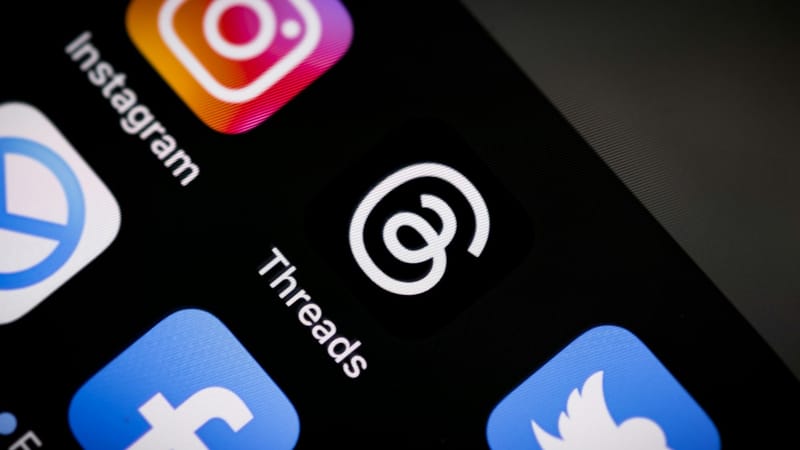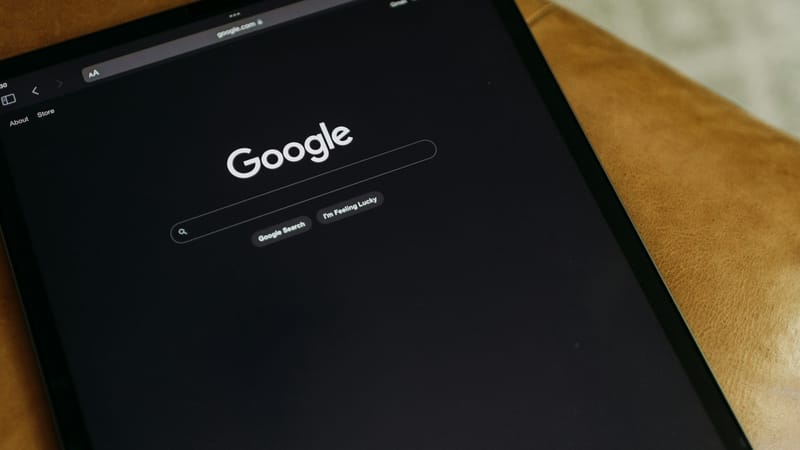Amazon's Alexa division might be facing a possible shutdown

Amazon's Alexa division may be facing a possible shutdown as it records the biggest loss in Amazon's worldwide digital category.
The "Worldwide Digital" unit, which includes everything from the Echo smart speakers and Alexa voice technology to the Prime Video streaming service, had an operating loss of over $3 billion, according to a report by Insider.
With Alexa having been around for 10 years, the trailblazing voice assistant has never managed to create an ongoing revenue stream. And while Amazon's business model had traditionally tolerated this kind of poor financial performance, recent financial woes that have seen the company plan to lay off 10,000 employees say differently now.
Currently in third place in the US voice-assistant war, with Google Assistant at 81.5 million users, Apple's Siri at 77.6 million, and Alexa at 71.6 million, its Echo line is among one of its best-selling items on Amazon.
However, the devices were sold at production cost with hopes to make money when people use the devices, and not necessarily at the point of purchase. The plan never materialized, with Amazon unable to monetize the product after the purchase. Although Alexa was getting up to 1 billion interactions in a week, most of the interactions with it are simple commands like weather checks and playing music.
For context, Alexa does not play ad breaks that'd prompt users to make purchases and Amazon would get a kickback, as not many people trust an AI with spending their money or buying an item without seeing a picture or reading reviews.
Although the company has said it still has "conviction in pursuing" Alexa, an employee in anonymity told Business Insider that the company currently has no clear directive for devices in the future and that since the hardware isn't profitable, there's no clear incentive to keep iterating on popular products.






